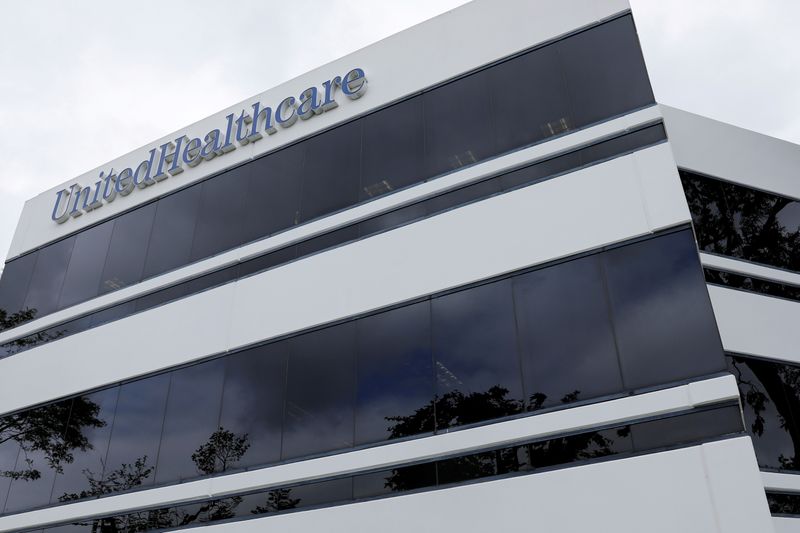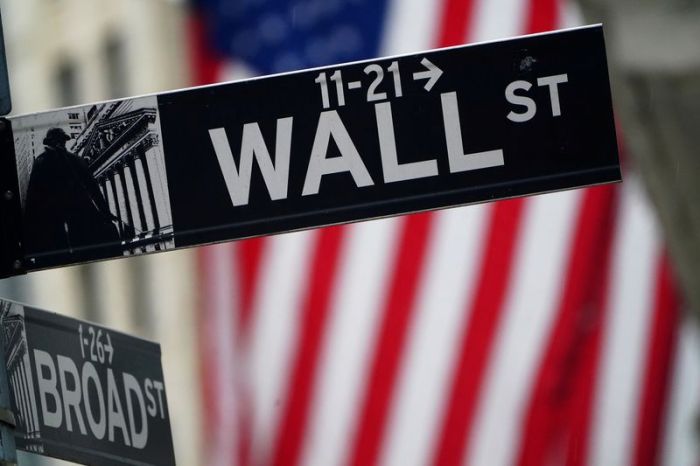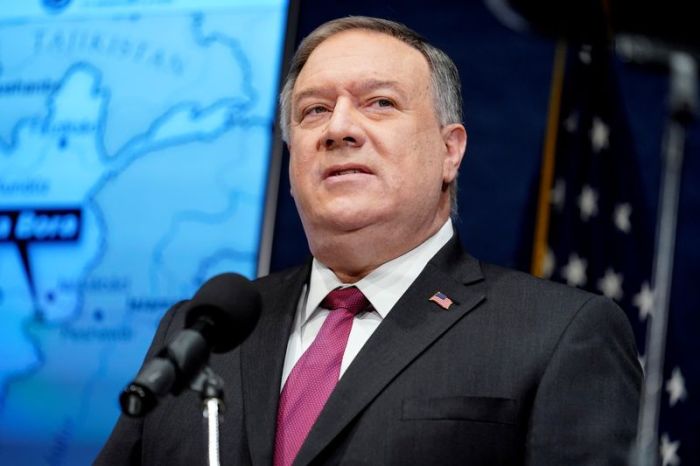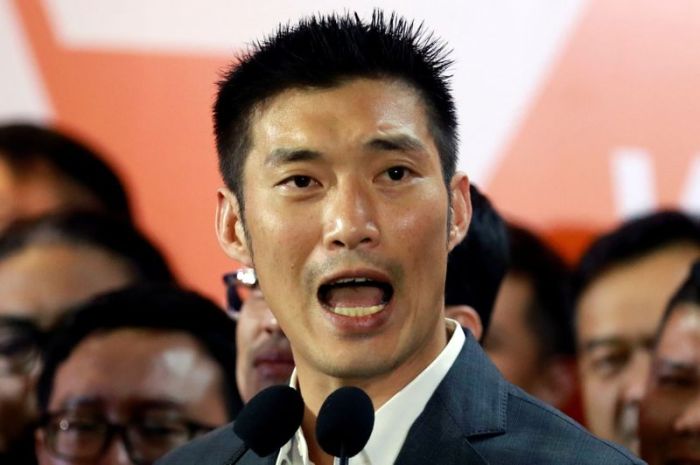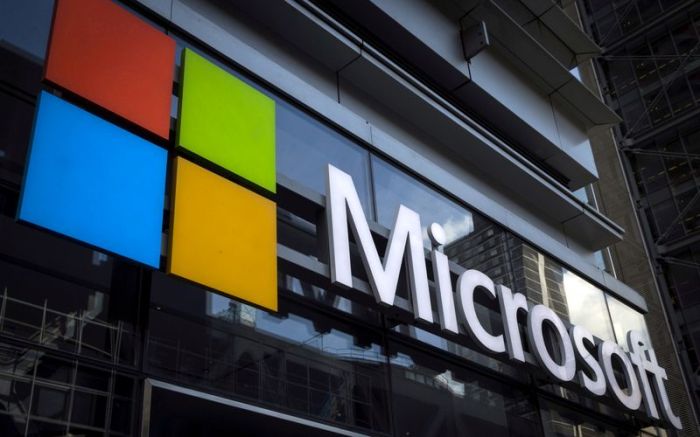(Reuters) – UnitedHealth Group Inc on Wednesday reported higher-than-expected fourth-quarter profit, as medical costs came in lower than Wall Street estimates even with increased spending related to the surge in COVID-19 cases in December.
For much of 2020 health insurers incurred lower healthcare costs as people avoided doctors offices and hospitals out of fear or contracting COVID-19 and elective medical procedures were put off.
UnitedHealth said benefits from the deferred care was largely offset by coronavirus testing and treatment costs in the fourth quarter. Its share were off slightly at $350.99.
Healthcare spending, which had returned to more normal levels early in the quarter, rose in late November and December with the spike in COVID-19 costs, the company said on a conference call.
The insurer, however, reported a medical loss ratio (MLR) – the percentage of premiums paid for medical services – of 83.2% for the quarter, less than analysts’ forecasts of 84.36%, according to Refinitiv IBES.
Bernstein analyst Lance Wilkes called the quarter’s MLR “a positive surprise.”
Since the pandemic started, COVID-19 has claimed over 401,000 lives in the United States and more than 24.1 million people have been infected with the novel coronavirus, with cases and deaths still rising in most of the country.
UnitedHealth said it expected COVID-19-related cost trends in 2021 to remain similar to 2020 despite the vaccination efforts.
COVID-19 accounted for about 11% of all care activity during the fourth quarter compared to about 6% in the third, Chief Financial Officer John Rex said.
The company reported fourth-quarter adjusted earnings of $2.52 per share, beating Wall Street estimates by 11 cents, according to Refinitiv data.
UnitedHealth maintained the 2021 profit forecast it issued last month for adjusted net earnings of $17.75 to $18.25 per share. That includes $1.80 per share in treatment and testing costs related to COVID-19.
(Reporting by Manojna Maddipatla in Bengaluru; Additional reporting by Caroline Humer; Editing by Shinjini Ganguli and Bill Berkrot)

